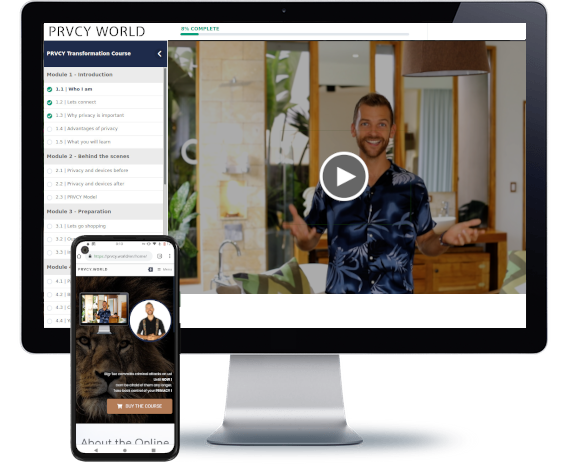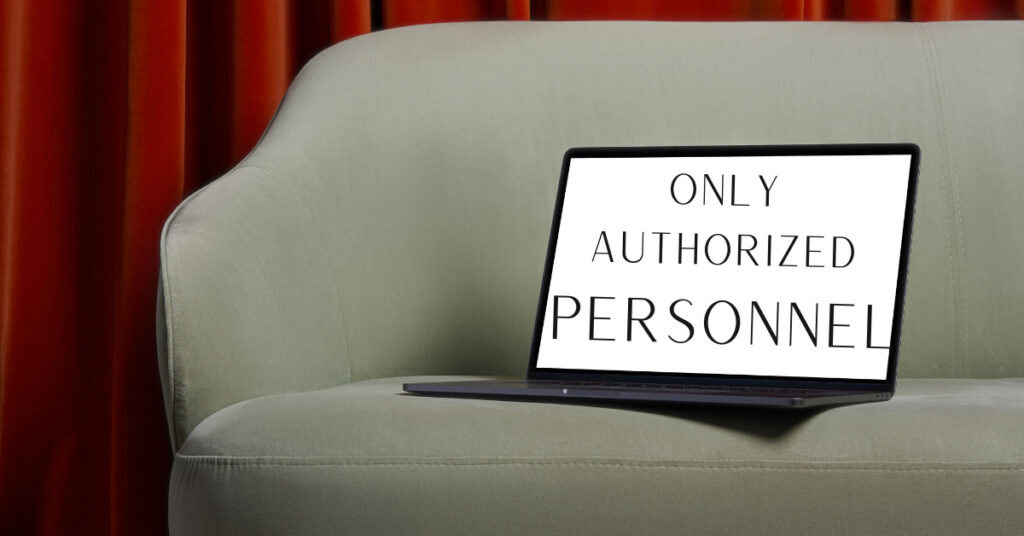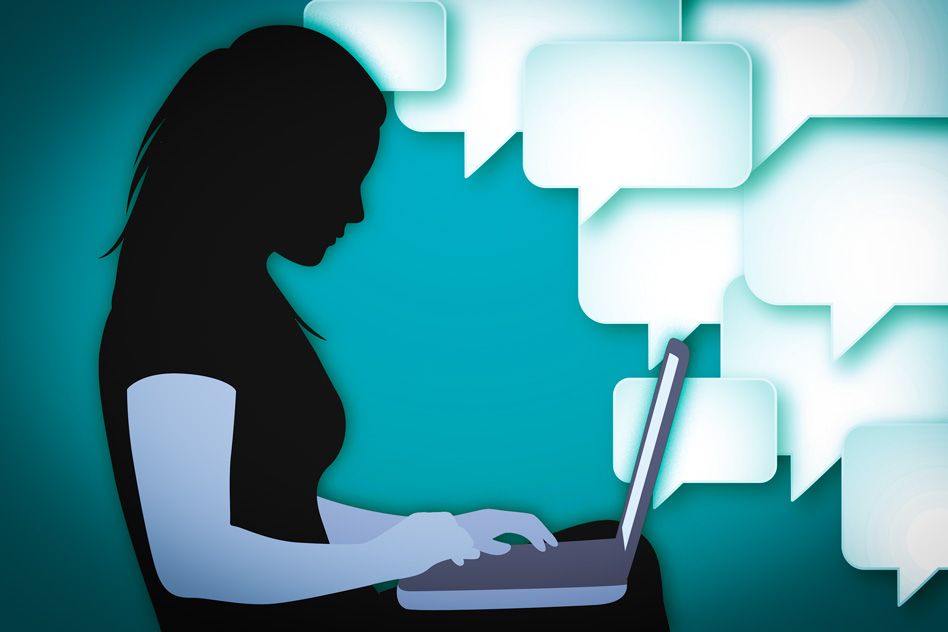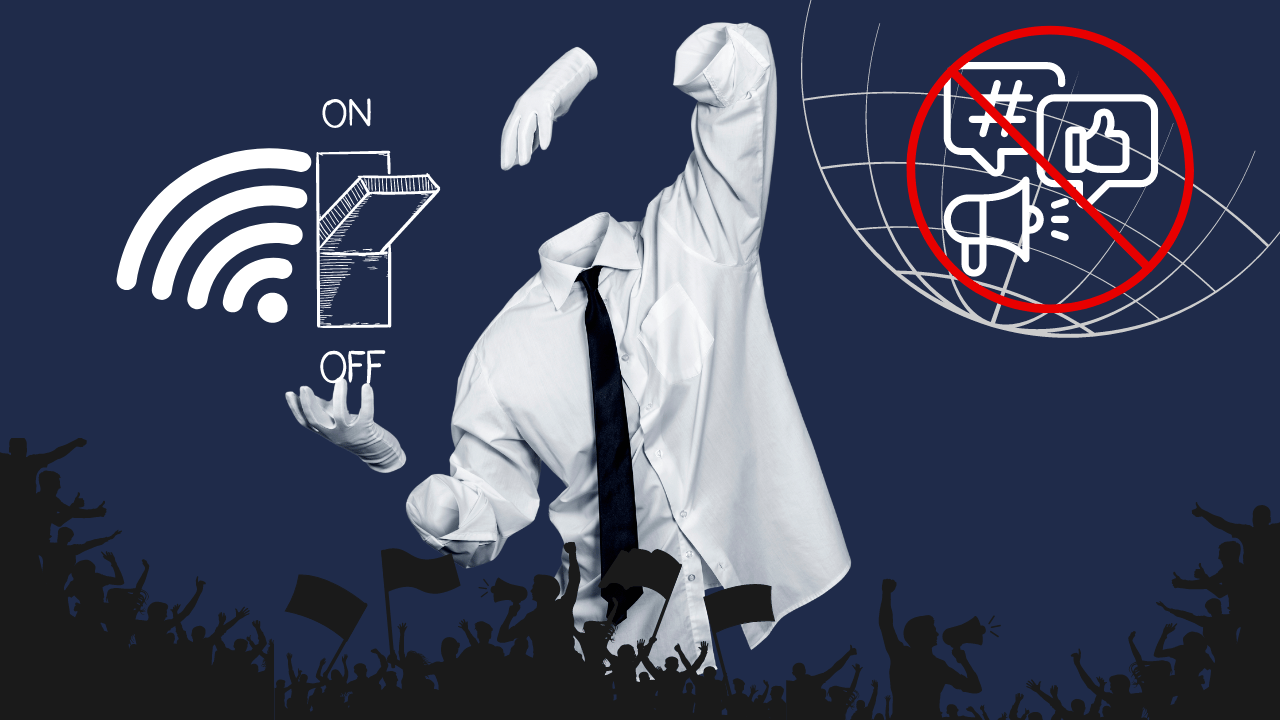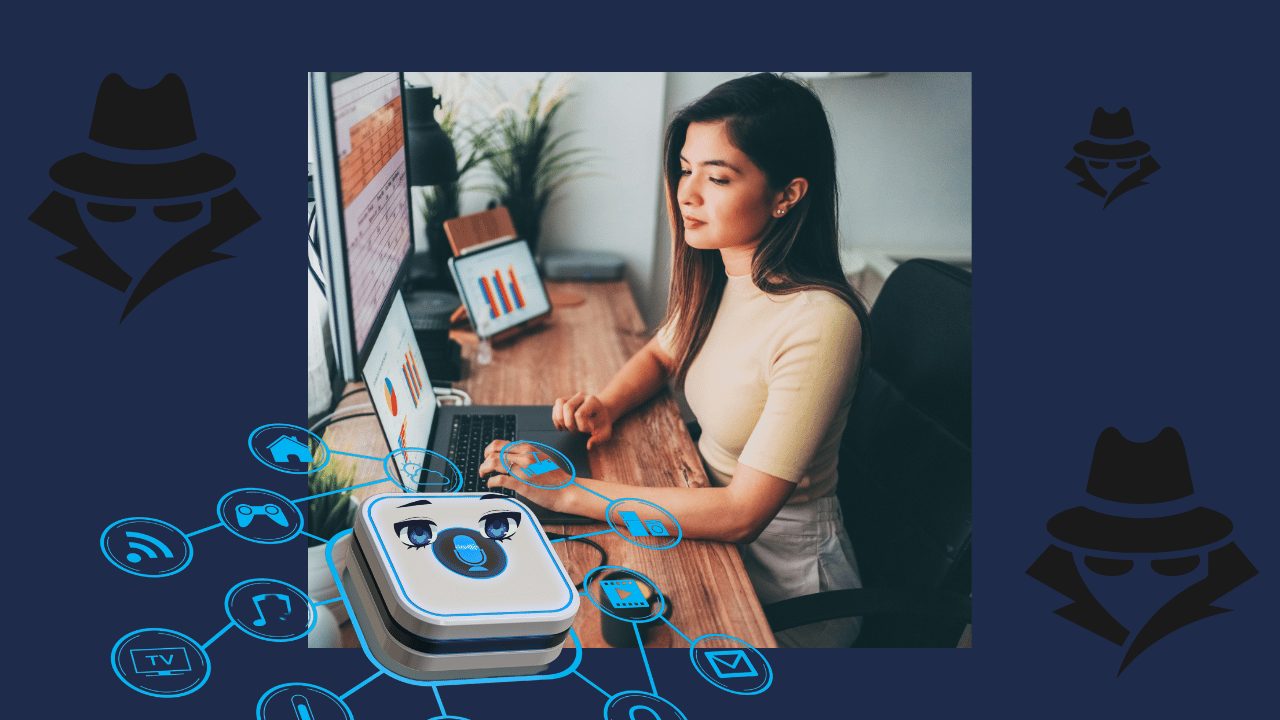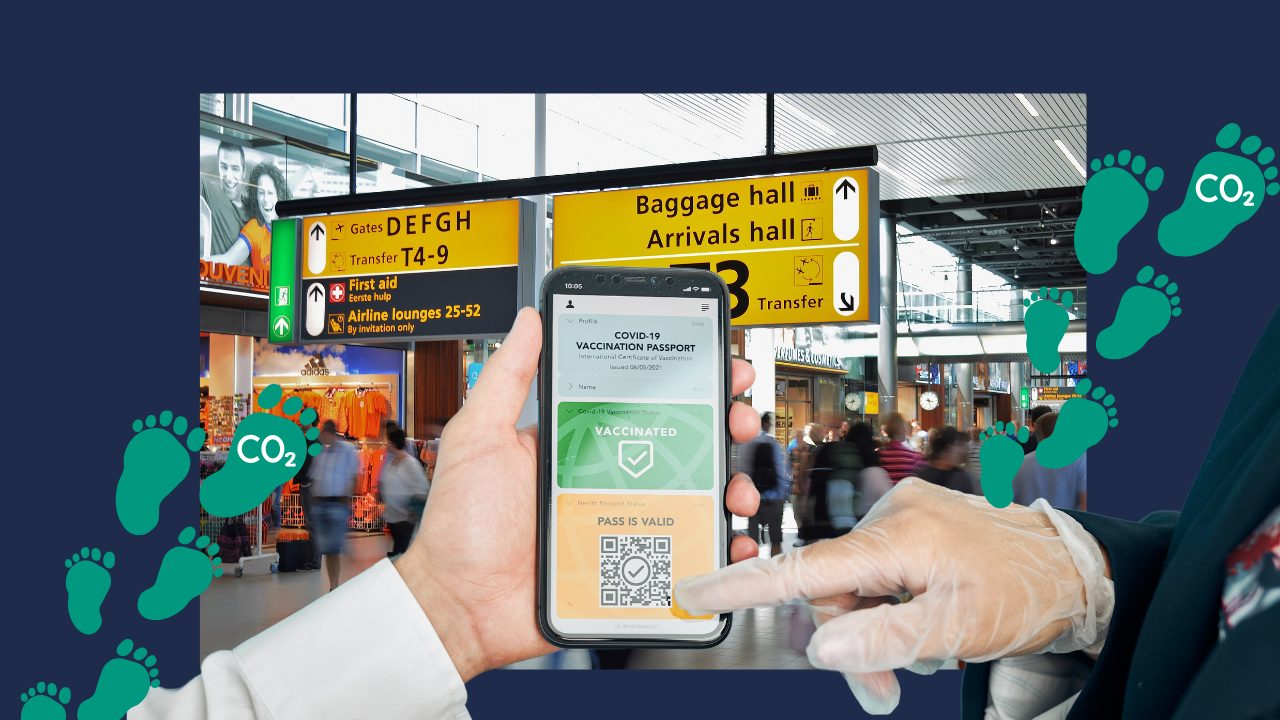Privacy is getting harder to define in the digital space. As technology is evolving with our use of it, the data we share is also evolving to include more and more information from different sources. It’s difficult to sort out who is getting what information and if we want them to have it. There are so many layers involved when trying to figure out what information is being taken, who is getting it, and how they are using it. We don’t blame you for not figuring out the tangled web (pun intended) of information being sent out, we blame the companies that are using your information for not being more upfront about how they are using it.
So we’re here to help you sort it all out, and hopefully make it a lot clearer that privacy doesn’t come easy when doing pretty much anything “online” or on your phone. Even if we don’t all use the same type of phones, laptops, apps, or web browsers, we are all sharing information somehow just by operating in the digital space. That’s a fact (Unless you have the PRVCY setup 😉).
So how do we even begin to define privacy? We can think in terms of real-life situations where we would need privacy like when we go to the restroom, we close the door to make sure we have our privacy. Why do we do this? Because it’s our business! It doesn’t and shouldn’t concern anyone else. We are whole, sovereign beings that deserve the peace of mind when we’re doing our business. And we would argue that it’s just as much of your right to operate your daily life online without the concern of any corporation that wants to buy your data. Especially when you are unsure of how they will use that data. These are the people who we would like to close the door on essentially, but in the digital world.
So let’s look at all the potential parties that could be taking your information and using it in ways that you wouldn’t approve of.
The rabbit hole goes pretty deep
Pretty much anyone reading this is going to have a phone, and every phone these days has apps. So within this one way to be “online” there is information being stored by your phone provider company, the apps you use all ask their own permissions to specific points of your data, and when you go on the web, there’s the browser taking stock of your IP address, and what sites you go to. On the sites you go to, they are collecting their own data to do things like retargeting you for an ad. As you can see, we’re only scratching the surface of how many companies are collecting information on you. That isn’t just attached to some internet version of you. When you purchase a device, like a phone, that is attached to your SSN. That means all of these points of data are also attached to that level to your identity.
We want to make it abundantly clear that the backbone of why your data is being collected is marketing. Companies are getting free data from you interacting with them by doing simple things online like when you’re using social media for instance. As you’re watching videos, they know how long you watched some ads versus others. When you like something that’s tied to a brand, that puts you into an audience they have built to run ads to. We will get into why social media is free another time because that’s a whole topic to cover, but for now, the basic understanding needed is that someone, somewhere is profiting off of the data they are collecting through every action you take on these free platforms.
And that’s exactly why it’s corrupted. It isn’t for the betterment of society to use this data to make your life more convenient and fun. That’s what they would like you to believe. When something is convenient and fun for your online, that’s because they want you to use that service so they can profit off of whatever data they are collecting on you. Plain and simple.
We know that it can feel overwhelming to go down this rabbit hole and realize that having a VPN for your browser isn’t enough to really have data privacy. But that doesn’t mean we should just give up. Setting things straight for future online usage should be our goal. That’s why we created the PRVCY Transformation Course, so you can have that kind of peace of mind. There’s so much more to cover, so you can really take back control of your data and protect it from prying eyes.
If you want to learn more about digital privacy and security, register directly for our free webinar.
